Torul
Torul is a district and district center of Gümüşhane province, in the Eastern Black Sea Region of the Black Sea Region. The first mention of Torul and its surroundings in historical sources dates back to BC. It is Xenophon's work called Anabasis (Expedition/Return of the Ten Thousand), written in the 400s. Ksenofon states that a warrior tribe called Dril, one of the Kolkh people, lived in the Torul-Tonya region and that this tribe was the ruthless enemy of the Greek colonists. In the 130s AD, Arrianus, the Cappadocia Governor of the Roman Empire, came to the Black Sea Region and prepared a report about the region for Emperor Hadrian. Mentioning the Dril tribe in the Torul region in his report, Arrian stated that the Dril tribe was the same as the other Laz/Tzan/Tzani communities living in the region. The name of the district, Torul (Dorila), is most likely related to the Laz people. When the papal ambassador Ruy González de Clavijo came to the region in 1404, he stated that Torul was under the control of the Kabasitas family. This family, residing in Torul Castle, took a part of the Zigana Valley under their control during the Byzantine Period. During the expedition organized by the Ottoman forces to control the Zigana Valley, the Kabasitas family left the castle, and thus the castle and the city came under Ottoman rule in 1481. While Torul was a township in the Trabzon sanjak after it came under Ottoman rule, it is thought that the town center was the "Ardasa" settlement in the 15th and 16th centuries. While Torul township had 28 villages and 3 hamlets at the end of the 15th century, it is thought that an estimated 1100 people lived in a total of 211 households, 1 Muslim and 210 non-Muslim. In the following years, due to the expansion of construction and mining activities, both Muslim and non-Muslim migrations occurred to the township, and by 1583, there were a total of 4270 households, 678 of which were Muslim and 3592 of which were non-Muslim, and it is estimated that 21739 people lived in the township in general. In the 17th century, Gümüşhane, where the settlement was once a village called Canca, merged with Torul and became a district. In the middle of the 19th century, a district governorship was established in the settlement, which was separated from Gümüşhane and began to be seen as an independent district of Gümüşhane sanjak. Between 1839 and 1861, 1,909 non-Muslims emigrated from the Torul district for various reasons. In the 1860s, communities called Istavri, who converted from Christianity to Islam in the late 18th century but later returned to Christianity, emerged intensively in the Torul district, and these communities engaged in mining migrated from Torul to Akdağmadene. In 1876, there were 49 villages in Torul district. In addition, at this time, Kürtün was connected to the Torul district as a township. Around this time, the municipal organization of Torul was established in 1876 in the Torul district, and the first mayor was Hüseyin Bey. The settlement experienced some migration during the 1877-1878 Ottoman-Russian War (War of '93). In 1881/1882, the population of the district was 36137 people, nearly half of this population was Greek, while there was no Armenian population. According to 19th century travelers such as H.F.B Lynch and Deyrolle, around 1000 people lived in 200 households in the district center. In 1903, there was a government office, places of worship such as mosques and churches, a secondary school, 18 inns, 45 shops, 5 bakeries, 4 hotels and 10 coffee houses in the town. By 1914, the population of the district increased considerably and reached 60,257 people, including 29,686 Muslims, 30,457 Greeks and 24 Armenians. During World War I (August 1916), the Russian army captured the region. The town was devastated due to the conflicts that took place during the Russian occupation and the settlement that was destroyed during the occupation. After the Russians withdrew after the 1917 Soviet Revolution, the town of Torul was burned by Armenian gangs before the Turkish soldiers arrived. It was a town affiliated with Gümüşhane sanjak of Trabzon province from 1828 until the Republic, and became a district affiliated with Gümüşhane with the establishment of the Republic. The town of Kürtün was separated from the settlement and became a district in 1990.

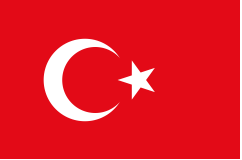

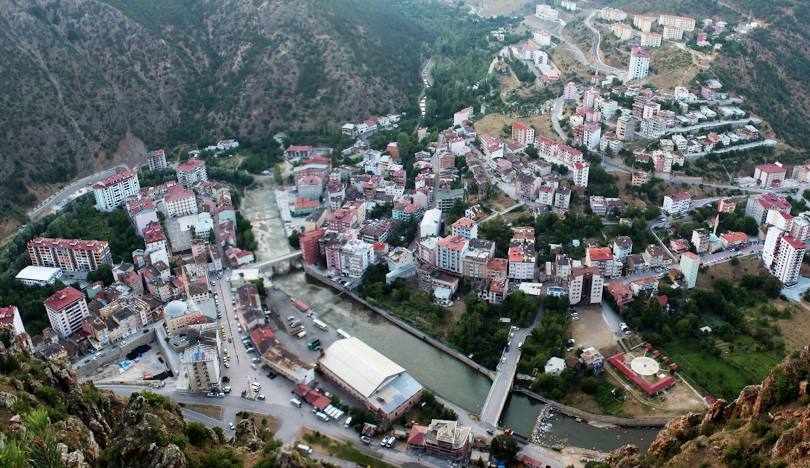
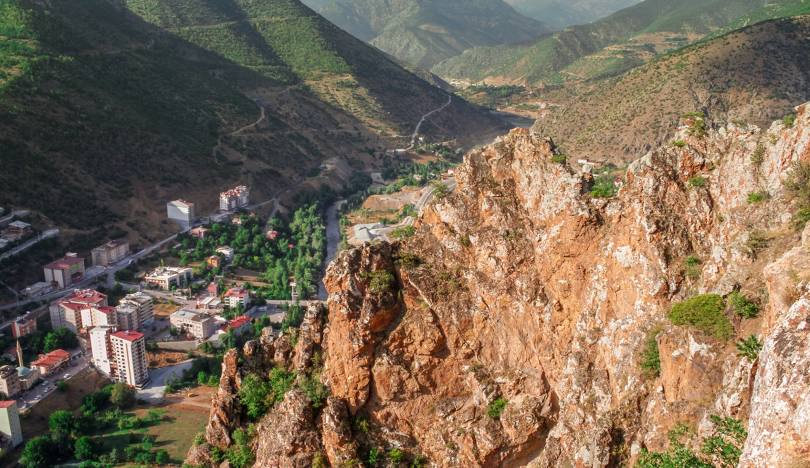
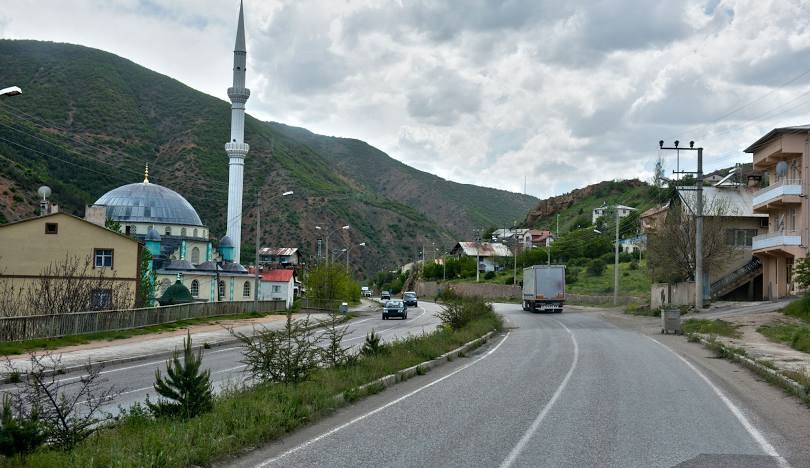
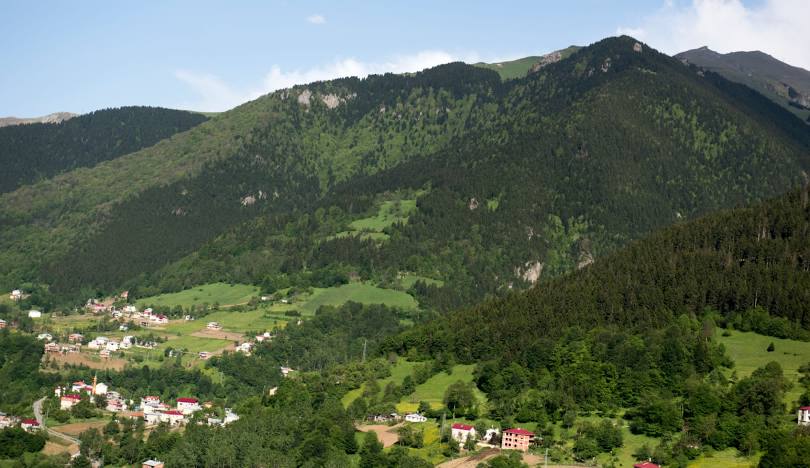
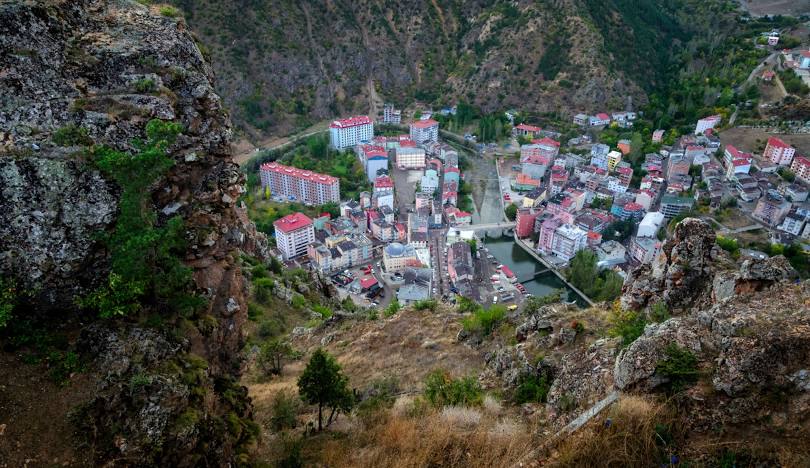
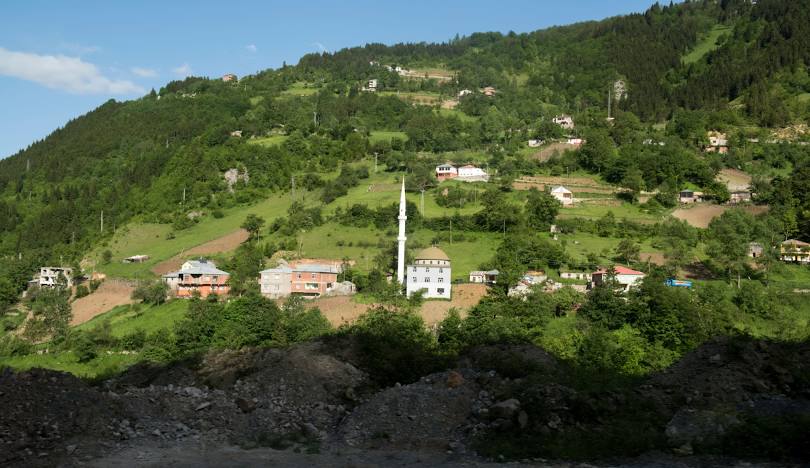
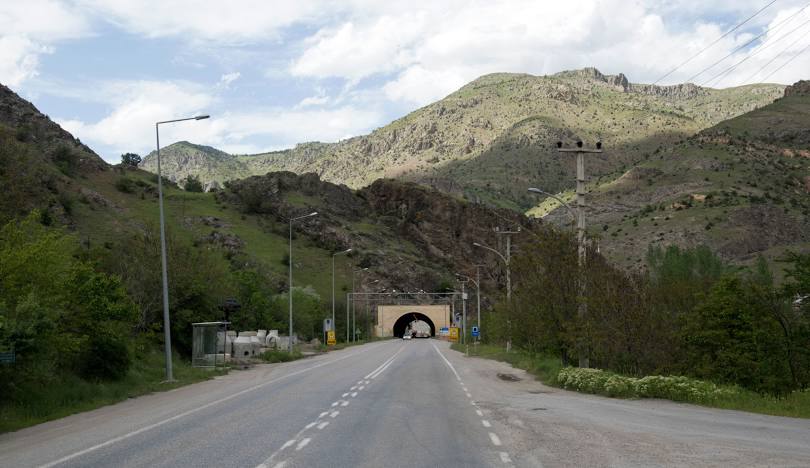



Leave Your Comments